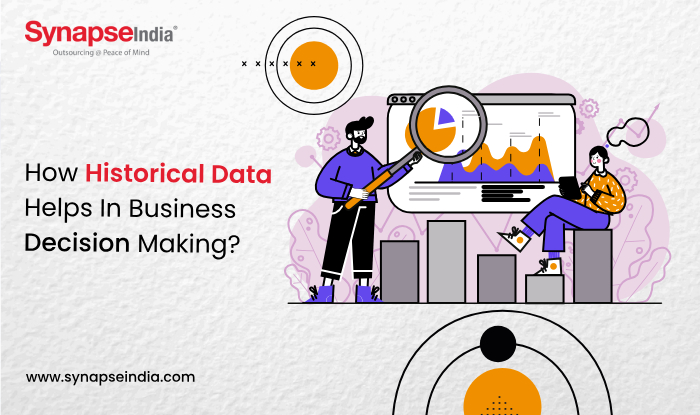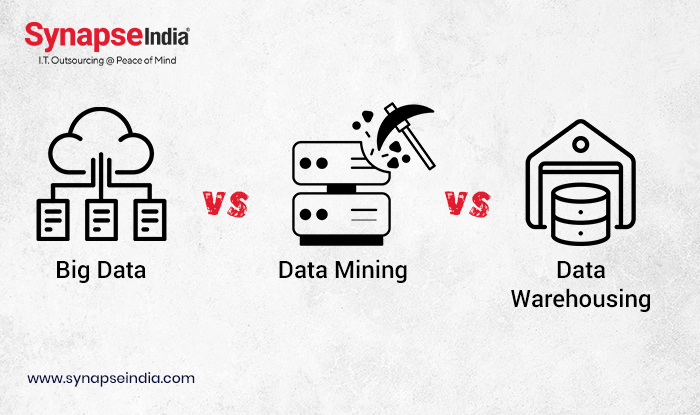 27 Jun 2024
27 Jun 2024
In the ever-evolving landscape of business, making informed decisions is paramount to success. Yet, amidst the constant flux of markets and consumer behavior, how can businesses ensure that their decisions are grounded in solid foundations? The answer lies in historical data – a treasure trove of insights waiting to be unlocked.
Making well-informed decisions is more important than ever as companies traverse the complexity of today's market environment. Every decision, whether it is related to risk management, customer interaction, or strategic planning, has important ramifications that could affect how an organization develops in the future. Historical data acts as a compass in such a dynamic and uncertain world, giving direction and clarity in the face of uncertainty.
In this blog, we delve into the significance of historical data in shaping business decisions and explore how harnessing its power can lead to strategic advantage.

Historical data refers to a collection of records, transactions, and events that have been systematically recorded over time. It encompasses a wide range of information, including sales figures, customer demographics, market trends, and operational metrics. While the data may span months, years, or even decades, its value lies in its ability to provide context and perspective to current decision-making processes.
Historical data serves as the foundation for predictive analytics, enabling businesses to forecast future trends and outcomes with greater accuracy. By analyzing patterns and correlations within historical data sets, businesses can identify potential opportunities and risks, allowing them to proactively adjust their strategies to capitalize on emerging trends or mitigate potential threats.
Historical data provides valuable insights into past performance metrics, allowing businesses to evaluate the effectiveness of previous strategies and initiatives. By comparing current performance against historical benchmarks, businesses can identify areas of improvement and optimize their operations for greater efficiency and profitability.
Historical data allows businesses to gain a deeper understanding of their customers' behaviors, preferences, and purchasing patterns over time. By analyzing historical sales data, businesses can identify key demographic trends, segment their customer base, and tailor their marketing efforts to better meet the needs and preferences of their target audience.
Historical data plays a crucial role in risk management by providing insights into past incidents, market fluctuations, and economic downturns. By analyzing historical data on market volatility, for example, businesses can develop strategies to hedge against potential risks and protect their assets in times of uncertainty.
Historical data informs strategic decision-making by providing a comprehensive view of past successes and failures. By analyzing historical performance metrics and market trends, businesses can develop long-term strategic plans that are grounded in data-driven insights, helping them to navigate future challenges and capitalize on emerging opportunities.

A leading retail chain leverages historical sales data to optimize inventory management, forecasting demand, and pricing strategies. By analyzing historical sales trends and customer preferences, the retailer can anticipate consumer demand, minimize stockouts, and maximize profitability.
A bank utilizes historical transaction data to identify patterns of fraudulent activity and prevent unauthorized transactions. By analyzing historical data on customer transactions and account behavior, the bank can detect anomalies and flag suspicious activities in real time, enhancing security and protecting customer assets.
In an increasingly competitive business environment, the ability to make informed decisions is critical to success. Historical data serves as a valuable resource for businesses seeking to gain insights, mitigate risks, and seize opportunities. By harnessing the power of historical data, businesses can unlock a wealth of knowledge that enables them to make smarter, more strategic decisions, driving growth and innovation in the process. With historical data as their compass, businesses can navigate the complexities of the market landscape with confidence, positioning themselves for long-term success and sustainable growth.

 27 Jan 2024
27 Jan 2024
